Taking advantage of people's fear and gullibility, scammers call impersonating police, prosecutors, inspectors, courts, etc. to inform victims that they are being sued for debt or are involved in a case or special case that the police are investigating and verifying, and have an arrest warrant from the People's Procuracy. From there, they urge, threaten, and ask people to provide personal information or transfer money to an account designated by them to appropriate property. Common signs of this form of fraud include: Asking victims to declare their assets, current cash and deposits in bank accounts; threatening not to tell anyone about the story just discussed, so that the victim does not have enough time to check the information, does not report to the police; urging to make the victim worried and not alert enough to recognize the fraud, etc.
Typically, in recent days, the situation of impersonating electricity employees to commit fraud has reappeared with many sophisticated tricks, causing property damage and anxiety for electricity customers. The subjects impersonated electricity employees and used a number of methods to deceive people, the most common of which was calling, informing customers that they would have to pay overdue electricity bills or requesting an inspection of the electrical system in their home. Taking advantage of people's lack of vigilance, the scammers requested money transfers via bank accounts or asked electricity users to provide personal information to make "urgent" payment transactions, otherwise the electricity would be cut off. Ms. Nguyen Thi Tuyet Van (Long Xuyen City) said that a few days ago, a person claiming to be an electricity employee repeatedly called to inform her family that they had not paid the electricity bill and threatened to cut off the electricity. Ms. Van confirmed that she paid her electricity bill via the bank app, but the person claiming to be an electricity employee asked Ms. Van to take a photo of the bank transaction information and send it to Zalo for verification. Because she was alert and knew it was a scammer, Ms. Van did not comply.
Or there is a scam of impersonating the police, instructing or reporting errors in VNeID accounts leading to property appropriation. The trick of the subjects is to call the victim, informing them that their VNeID application has an error. Then, instruct them to download an online error-fixing application. After the victim installs it, all the money in the victim's bank account is appropriated. These fake applications have the ability to collect personal information, control, monitor, and remotely control the victim's phone. The purpose is to log into the bank account and send OTP code messages to appropriate money. Mr. Tran Van Hai (Chau Phu district) said he received a call from a strange phone number claiming to be a police officer. This person informed him that the information on his citizen identification card on the VNeID Electronic Information Portal system of the Ministry of Public Security was incorrect and could no longer be identified. This police officer asked him to urgently cooperate with the police to update the data within the day. Mr. Hai was busy so he could not come to discuss, the subject instructed him by sending a link via Zalo for him to log in and process and edit information via the portal of the Ministry of Public Security. If he could not do it, he would continue to "help" by calling video to give more specific instructions. "Because I had read in the press about online fraud, I did not follow the instructions via Zalo of this "self-proclaimed" police officer" - Mr. Hai shared.
Recently, there have been cases of impersonating civil servants and health inspectors, making fake phone calls to the Department of Health to establish inspection teams, monitor food production and trading establishments and contacting food production and trading establishments... to notify the time of inspection and monitoring of food processing establishments. Then, they request to provide information on records, licenses, images, account numbers, and raise the issue of transferring expenses to avoid being inspected...
Faced with the tricks of impersonation and fraud, the authorities advise people to be vigilant when receiving calls or messages from strangers. Verify the identity of the subject through official websites. Do not listen to or follow the instructions of strangers, do not transfer money to accounts of unknown identity. Do not access links sent by strangers or download applications of unknown origin. Absolutely do not share bank account numbers, OTP codes, passwords, or any sensitive information. In case of suspicion of being scammed, immediately notify the authorities or consumer protection organizations for timely support, resolution and prevention.
THANH THANH
Source: https://baoangiang.com.vn/canh-giac-thu-doan-mao-danh-de-lua-dao-a418132.html






![[Photo] "Beauties" participate in the parade rehearsal at Bien Hoa airport](https://vstatic.vietnam.vn/vietnam/resource/IMAGE/2025/4/11/155502af3384431e918de0e2e585d13a)
![[Photo] Looking back at the impressive moments of the Vietnamese rescue team in Myanmar](https://vstatic.vietnam.vn/vietnam/resource/IMAGE/2025/4/11/5623ca902a934e19b604c718265249d0)

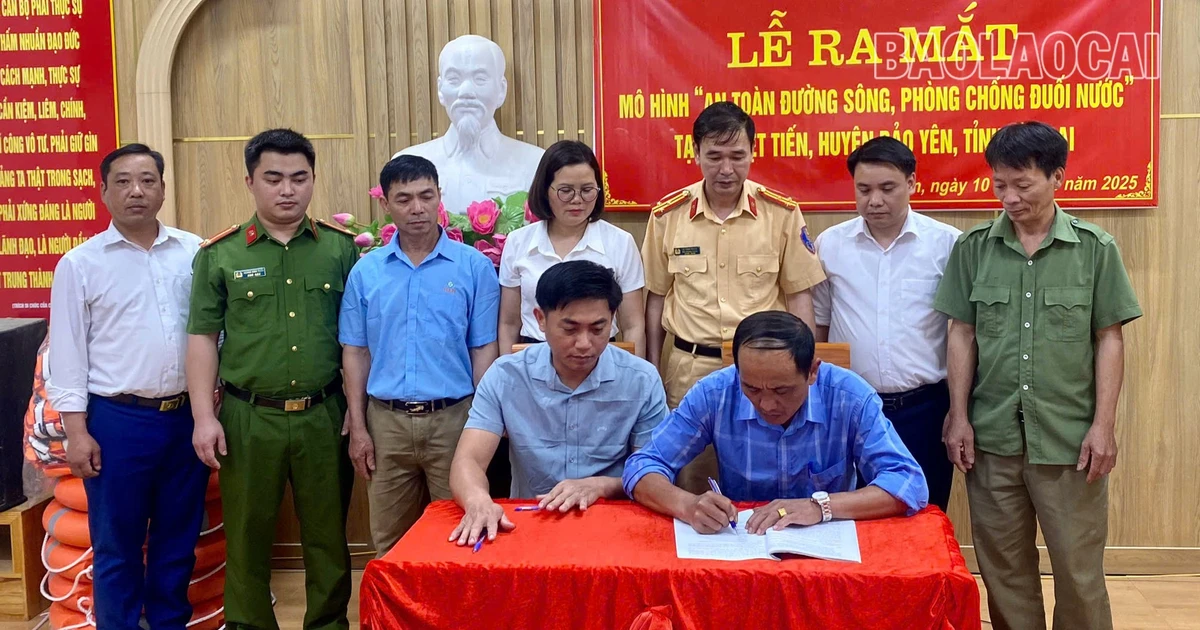



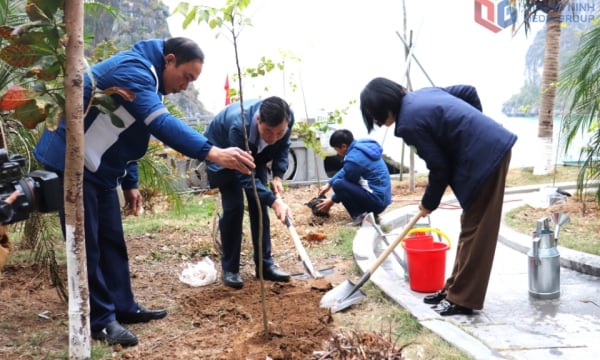
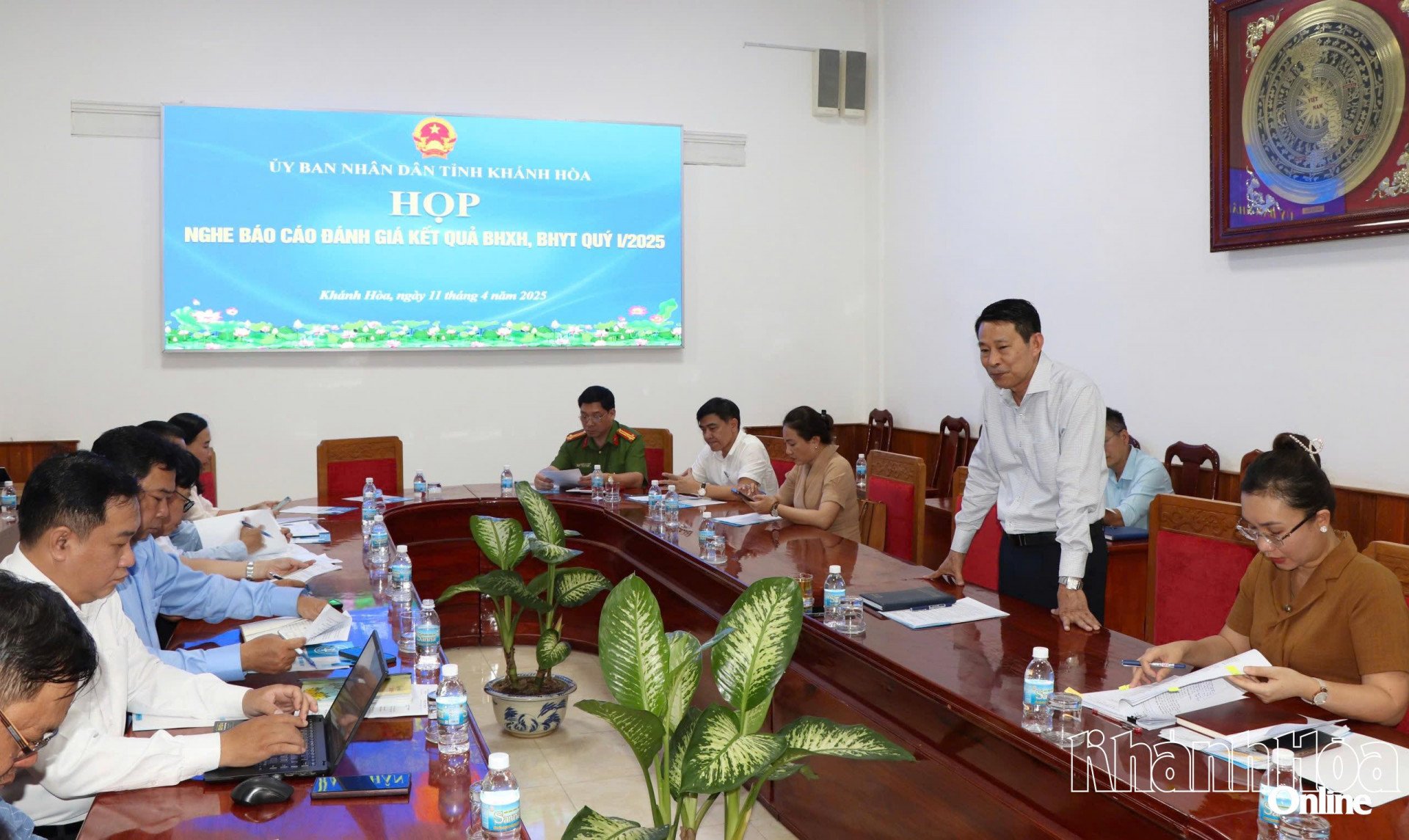



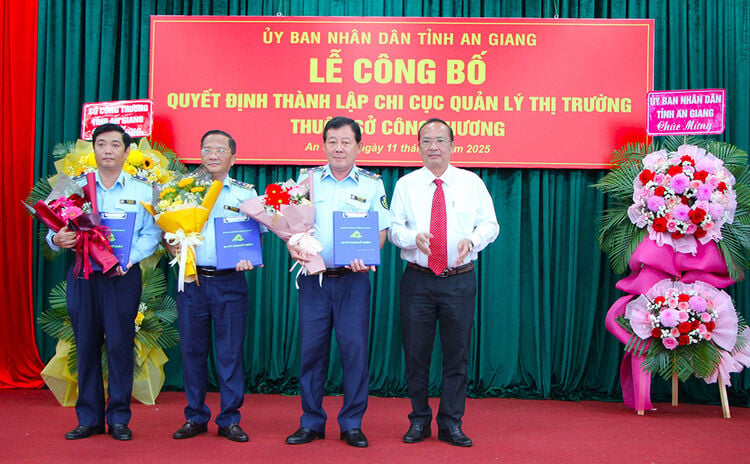



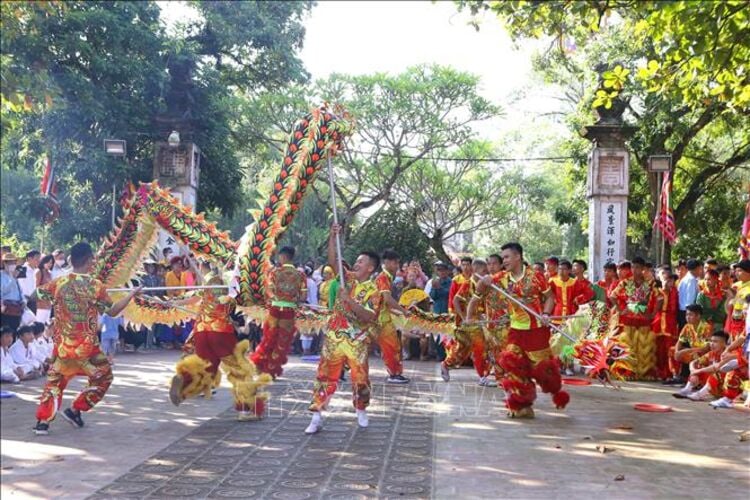
![[Photo] Summary of parade practice in preparation for the April 30th celebration](https://vstatic.vietnam.vn/vietnam/resource/IMAGE/2025/4/11/78cfee0f2cc045b387ff1a4362b5950f)









































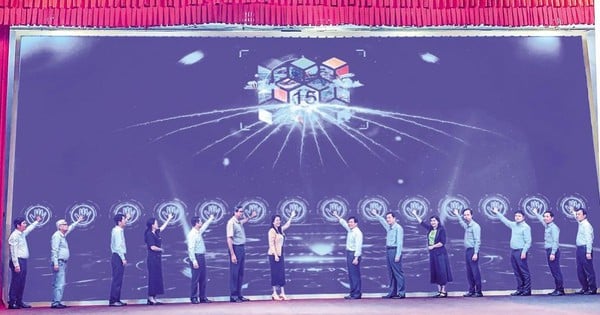
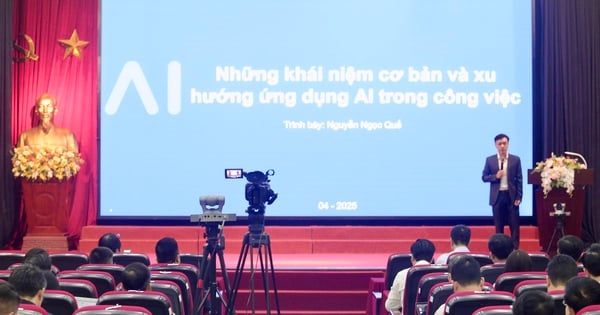
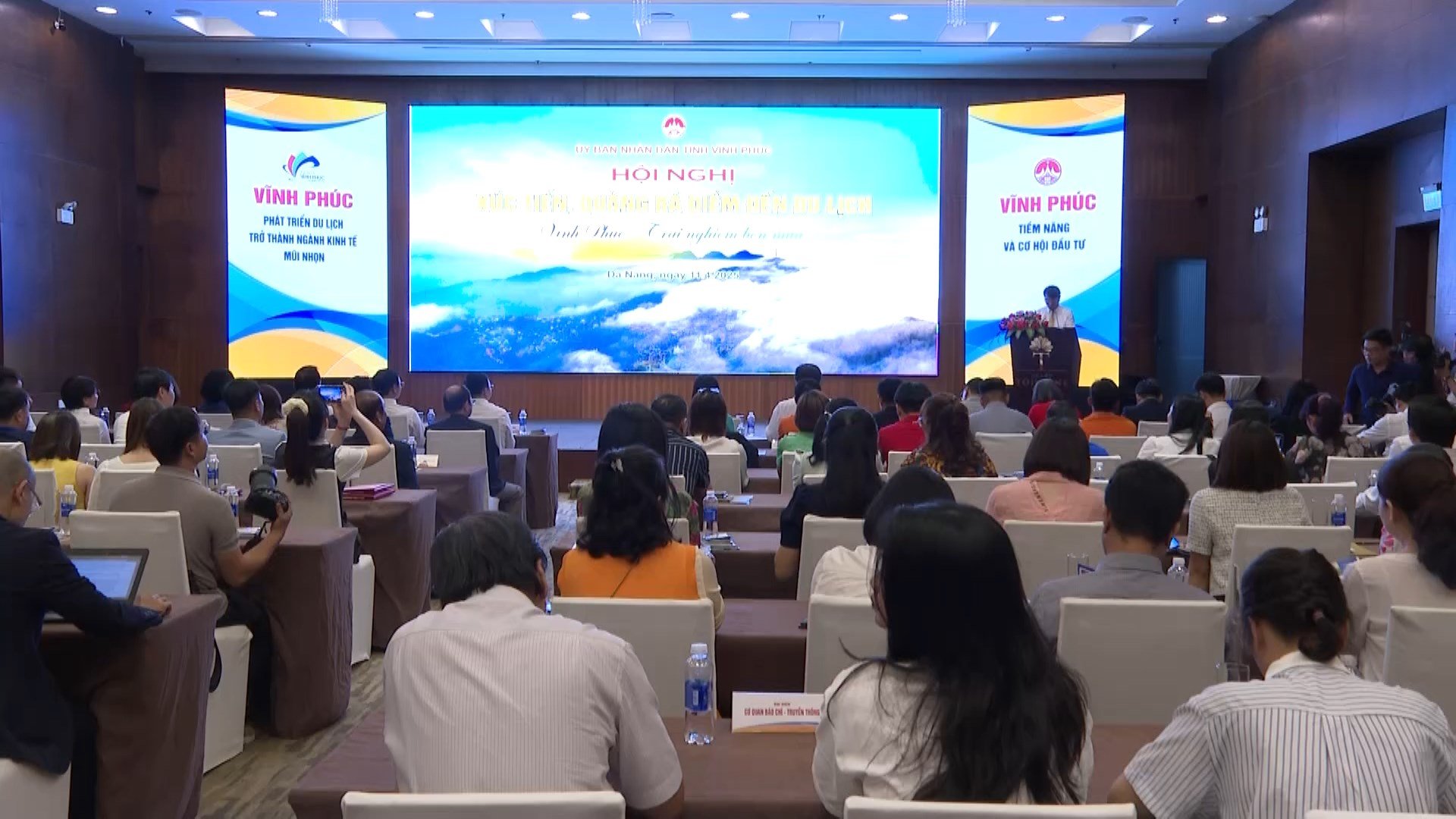
















Comment (0)